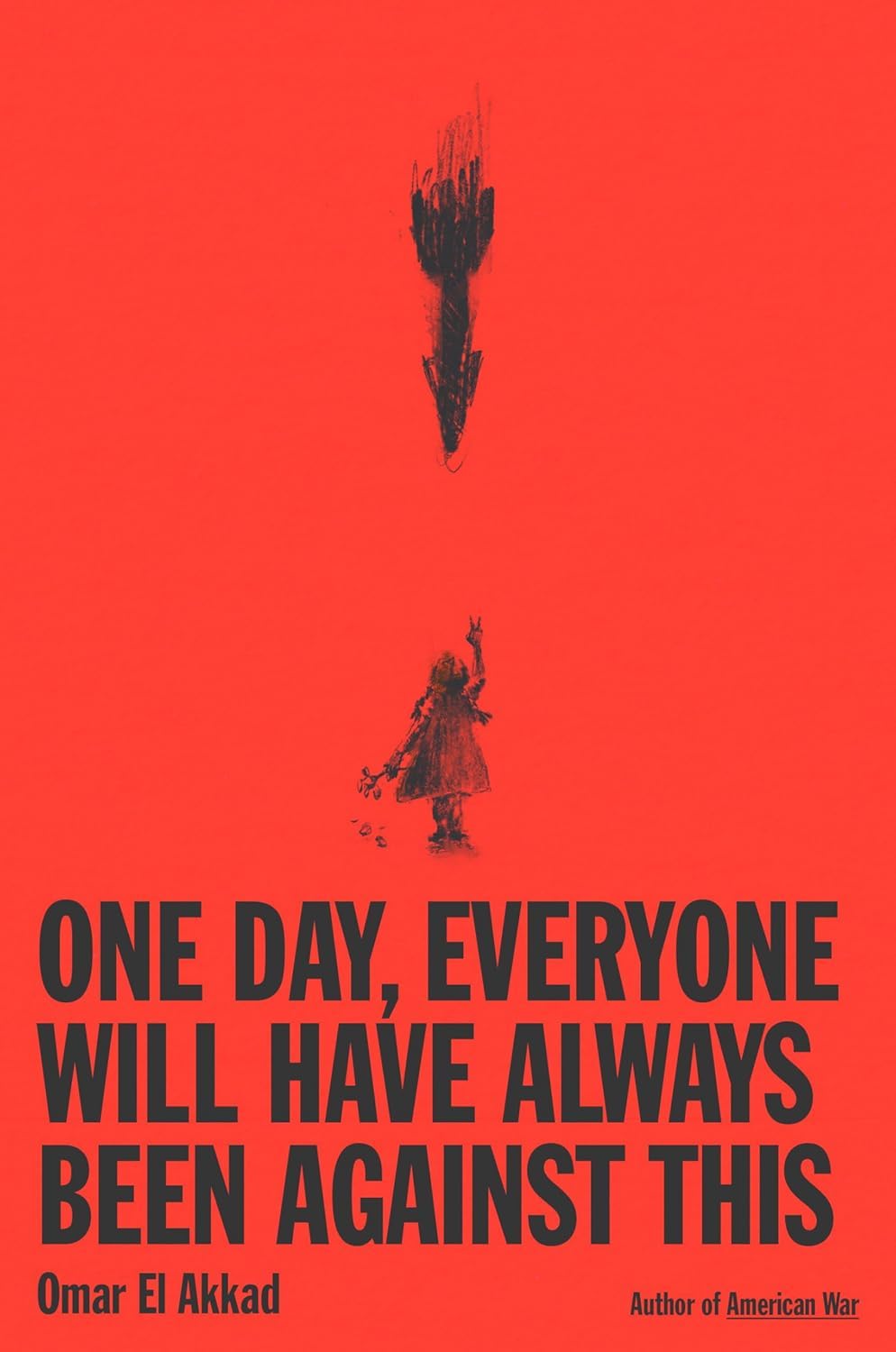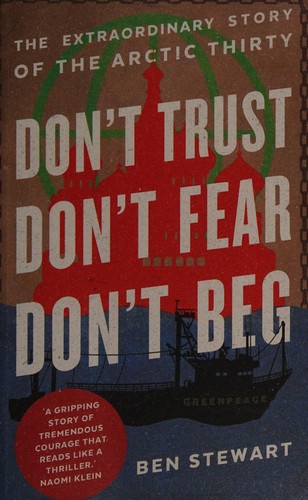On the second weekend of February 2024, the decomposing body of five-year-old Hind Rajab, whom the Israeli military murdered, is found in a car with her family, next to a burned-out ambulance that was dispatched to rescue her. Later, an independent investigation will find 355 bullet holes in the car Hind was in. But early on, the story is reported in multiple media outlets as though it were a missing-person’s case, as though this child simply walked out of sight and then walked straight out of this life.
She had called for help. She had picked up a phone and begged for help. She cried, said she’d wet herself. She was five years old.
What is the word for what she felt? Because on the other side of the planet countless people cheering on this liquidation will wake up and say that they too are afraid. But if these are equal and offsetting fears then the word means nothing. As does any system, any way of living, that abides it.
A chasm has developed, these last few months, one of many but one that cannot be bridged. On one side is a portion of society that fears nothing more than the discontinuation of normalcy. That believes, regardless of what horror each new day brings, what matters most is to live as one had lived before, answering emails and meeting deadlines and maintaining productivity. On the other is that portion which, having witnessed the horror, is simply unable to continue as before. How does one live, hearing the screams, bearing witness to the bodies? How does anything else matter? The fear of some comfort disappearing collides with a different fear—a fear that any society whose functioning demands one ignore carnage of this scale for the sake of artificial normalcy is by definition sociopathic. Often, I watch discussions on social media in which someone asks: What radicalized you? In response, others will point to various moments of mass violence at the hands of the state, blatant cases of injustice, moments such as this one where it becomes clear there exists a massive gap between the empty statements of the powerful in support of justice and the application of actual justice. But the word “radicalize” feels wrong, seems to imply an element of extremism, as though rage at this kind of blatant hypocrisy is the abnormal thing, when what is plainly abnormal is to accept it.
— One Day, Everyone Will Have Always Been Against This by Omar El Akkad (75% - 76%)











